Welcome to Part 2
in Healthful Mama’s series on the toxic effects of sugar.
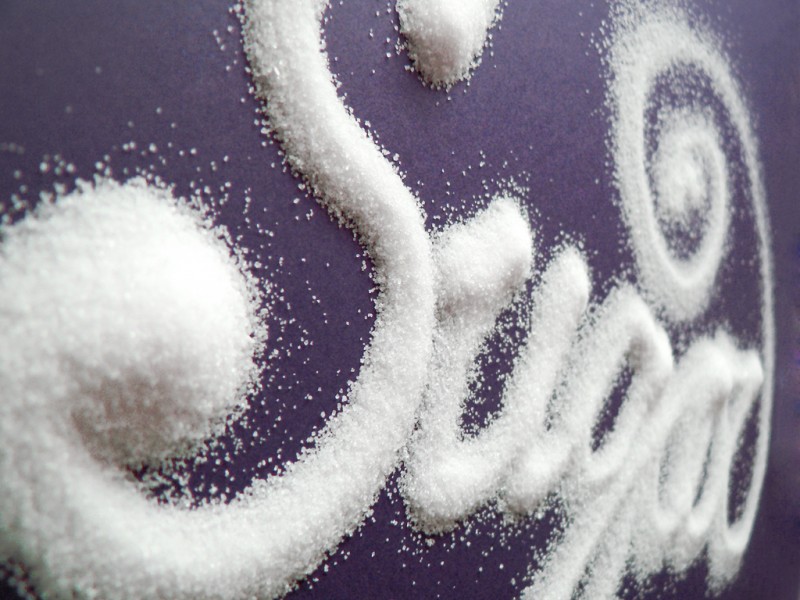 To read Part 1, which outlines the current research being done on sugar’s effects in the body and how to spot sugar on a label CLICK HERE.
To read Part 1, which outlines the current research being done on sugar’s effects in the body and how to spot sugar on a label CLICK HERE.
Let’s Talk About Sugar Alternatives
One step in eliminating the urge for sugar is to replace it with healthier alternatives. Research on the toxicity of sugar has not mentioned natural sources as being harmful to the body, but I suspect that, with everything, moderation is key no matter the origins of a substance.
Here are a few natural sweeteners that have been gaining popularity in the mainstream:
[pinit]
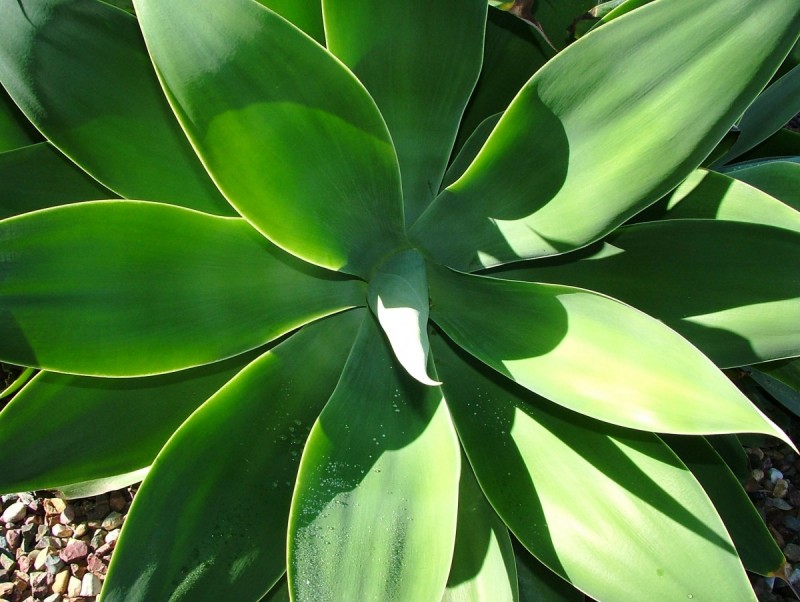
Agave Nectar
Agave is similar to maple syrup in that it is the extracted “sap” of a plant: the blue agave. Its glycemic index (the rate at which the glucose is released into your body) is much lower than sugar so it doesn’t cause a spike in your blood sugar. However, agave is still regarded as a sweetener to avoid in large quantities. I enjoy a teaspoon in some chocolate maté when I’m craving something sweet.
Brown Rice Syrup
Please see this post regarding arsenic found in brown rice syrup!
Coconut Sugar
Also called Palm Sugar. Coconut sugar is created from the sap of the coconut tree and has a low glycemic index, so it is touted as one of the better sweeteners in the natural health world. I found this article about the sustainability of the product.
Raw Honey
Raw honey (kick processed honey to the curb!) provides a number of health benefits for allergies and colds (I use it in my homemade cold remedy and elderberry syrup). Additionally, it provides a number of vitamins, minerals, and nutrients. Be sure to choose local but use in moderation as it has a moderate glycemic index.
Stevia
Stevia* has been getting a lot of attention lately. It is my understanding that the stevia PLANT is an all-natural, highly-sweet alternative to sugar. The best use is to grow it, dry the leaves, and crush or grind them as you would an any herb. Essentially, it is an unprocessed food in its natural state. Once the plant is taken to another form (extract or concentrate) it becomes closer to an artificial sweetener in that it raises the body’s craving for super-sweet foods.
*Truvia is NOT Stevia.
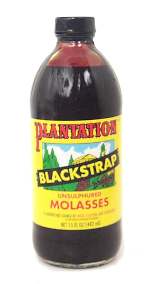
Xylitol
Xylitol is a sugar alcohol with a low glycemic index. I’ve seen it most often used in chewing gum (my favorite brand is Spry). Xylitol comes with its own list of warnings (diarrhea, bloating) but is thought to have healthful benefits, too.
Not to be left out:
blackstrap molasses, maple syrup, and sugar cane juice.
Turn and run from artificial sweeteners! Acesulfame potassium (Sunett, Sweet One), Aspartame (Equal, NutraSweet), Neotame, Saccharin (SugarTwin, Sweet ‘n’ Low), and Sucralose (Splenda) are all processed sweeteners meant mimic sugar. However, if you haven’t read any of the studies about how these sweeteners behave in lab animals, just type “artificial sweeteners+cancer” into your search engine. The bottom line: if you must have sweet, at least eat the real thing and give your body a chance to recognize the substance.
Get It Now
Most of these natural sweeteners can be found in grocery stores and natural health stores due to their increasing popularity. I prefer to buy many of my health food items from Vitacost, since I’m generally buying other products there and their prices are better than my local stores’. My referral link will get you a $10 off coupon to use on your order. 🙂
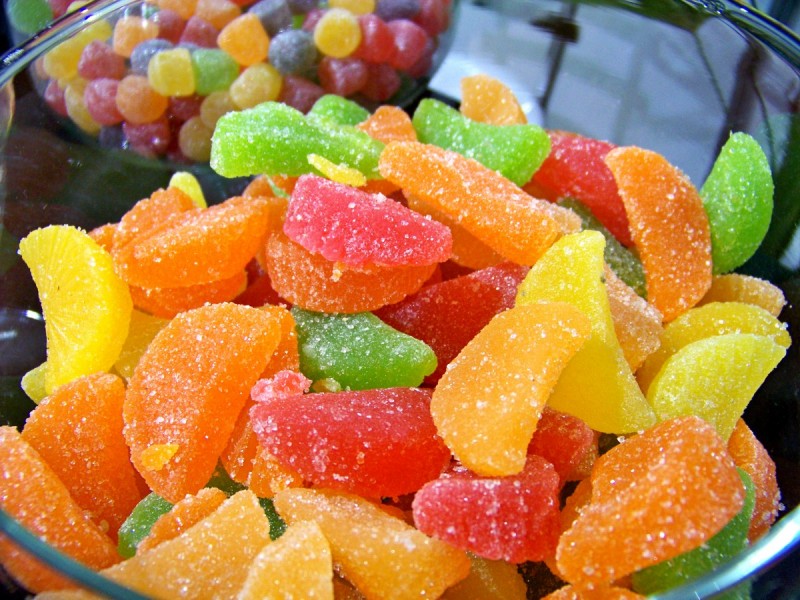
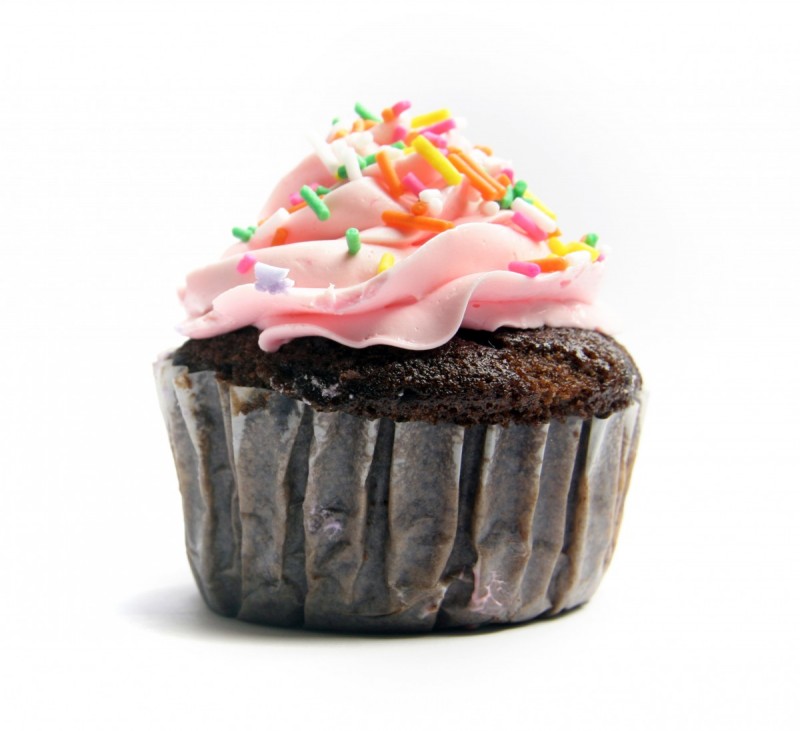

I love raw honey! Useful in so many ways. I’ve been craving fruit so much lately (I’m a sweets person) that happily that has entirely kicked my candy/soda consumption. I was previously eating something sweet just about every day and drinking a Hansen’s soda once a week.